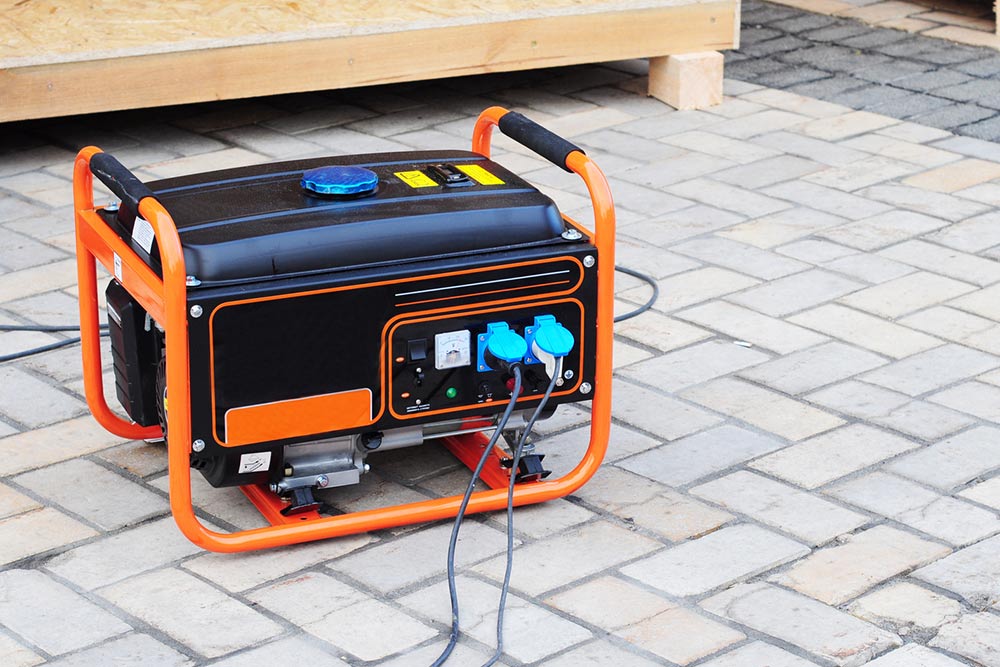5 common mistakes to avoid when buying a home generator

Buying a generator for the home is a big purchase, one that shouldn’t occur very often if the right choice is made. Generators can be expensive, but mistakes made at the time of purchase can cause someone to pay even more. These five common mistakes that homeowners make when buying a generator may seem like obvious things to look for but tend to get overlooked, especially when in a hurry.
Not accounting for power requirements
How many hours a day will the generator be used, and which appliances will run on it? A common mistake most homeowners make when choosing a generator is not thinking about their power needs. The generator should be able to handle the load of basic household necessities, like the refrigerator, lights, heating, communication devices, and oven, in case of a power outage.
Choosing based on price
Cost tends to become a deciding factor when buying something as expensive as a generator. But no matter the temptation, one must not base a purchase of such a thing on price alone. Maintaining a cheap generator that keeps breaking down will be expensive. So, focus on quality and ensure the generator’s power meets all needs during an outage.
Not considering the fuel source
Generators are powered by various fuels, like natural gas, gasoline, propane, and diesel. One needs to decide based on which fuel is easily available in the area and the convenience and safety of storing it.
Not giving placement and installation enough thought
Generators must be installed in a well-ventilated area by a certified electrician who complies with the area’s safety regulations. It should not leak exhaust fumes into the home.
Not reading the fine print
Generator companies offer different types of warranties and return policies, and neglecting to read the fine print could be dangerous. One could end up with a bad product with no way to return or repair it if the generator stops working altogether. Also, ensuring that the dealer signs and stamps the warranty card is important because a manufacturer may only accept a warranty card if it has the dealer’s credentials.